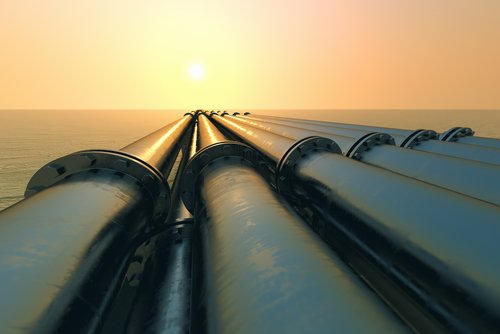Belgium, (Brussels Morning Newspaper) Germany activated the second stage of its three-stage emergency natural gas plan on Thursday due to the decline of supplies from Russia.
The move is the latest step in the standoff between the EU and Russia since the start of the war in Ukraine, which exposed the bloc’s dependence on Russian energy imports, according to Reuters reporting.
Robert Habeck, German Minister for Economic Affairs and Climate Action announced the move as the country moves away from Russian energy and looks for alternative suppliers.
He pointed out that the German government triggered the second stage of the plan because it sees a considerable risk of long-term gas shortages.
In the third stage of the plan, utilities will be allowed to pass on rising prices to households and industries to lower demand and consumption.
According to industry sources, German utilities have been calling for the activation of later stages of the plan. The first stage included filling gas storage facilities and stricter monitoring of gas flows.
Gas flows reduced
German authorities announced the possibility of escalation due to the decline of natural gas flow through the Nord Stream 1 pipeline, which was running at roughly 40% of capacity last week.
While Russia blames EU sanctions for the decline, stressing that it is waiting for the return of equipment that EU companies are servicing, the bloc says this is just a pretext for cutting gas supplies.
Russian energy company Gazprom announced last week that it was reducing gas flow through the Nord Stream 1 because the turbine it sent for repairs in Canada got held up due to sanctions.
Gazprom pointed out that it sent back for repairs the gas turbine in question made by Siemens in Canada, while Canadian officials noted that Siemens is unable to receive the part because that would violate sanctions against Russia.
They predicted that the G7 will likely discuss the turbine issue at the meeting slated for Sunday.
Other EU member states are preparing emergency plans as well, concerned about the possibility of shortages in the winter.
As part of plans, Germany and some of its EU counterparts are preparing to return to coal as an alternative to Russian gas.




